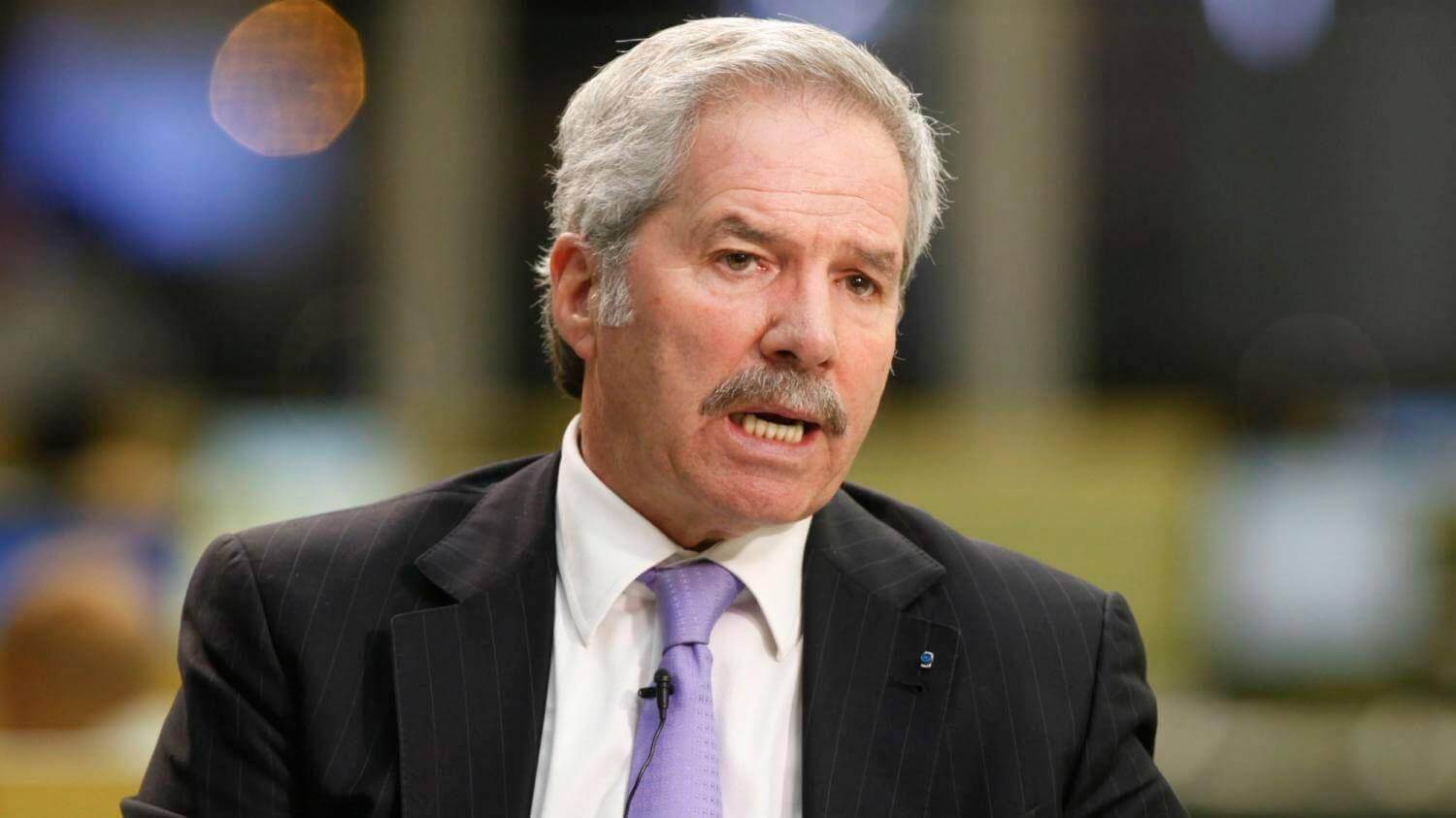Having taken over the presidency of regional trading bloc Mercosur from Uruguay, Argentina indicated that it is prepared to address the European Union’s (EU) environmental concerns that have currently stalled trade negotiations between the two groups.
In a meeting with German Foreign Minister Heiko Maas, who hosted the discussion in Germany’s capacity as the current rotating president of the EU, Buenos Aires’ foreign minister, Felipe Solá, said, “We do understand that there is an environmental concern that runs through Europe and that it is valid because we have made it also our own.” He added, “And we are willing to talk and talk about it and see what agreement we can reach, obviously.”
Maas, for his part, has said that continued negotiations are necessary in order to bridge the divide between the two sides, “including with civil society and businesses that provides answers on the remaining open questions about climate protection and sustainability”.
The meeting was also attended by European Commission Executive Vice President Valdis Dombrovskis and EU foreign policy chief Josep Borrell, as well as ministers from Brazil, Paraguay, and Uruguay. In a statement released by the European Commission following the informal ministerial meeting, it was noted that the diplomats “expressed their conviction that the Agreement should be implemented in such a way so as to provide benefits to both sides in the economic, social and environmental dimensions of sustainable development”.
Meanwhile, EU’s envoy to Brazil, Ignacio Ybañez, said in an interview that there remains an inherent “distrust” of Brazil and that the EU has been “expressing our concern to the Brazilian government for some time now”. He repeated EVP Dombrovskis recent statement that “unless we re-establish trust in the Brazilian government on that point, it's going to be very difficult to move forward”. He did, however, say that once if this hurdle is overcome, then “the agreement itself is very good”.
The latest ministerial meeting also reveals a lack of consensus among EU members on the EU-Mercosur trade deal. German Chancellor Angela Merkel has previously voiced her “considerable doubts” over whether to proceed with the trade deal. France, too, has threatened to withdraw from the EU-Mercosur deal if Brazil did not curb fire-setting and deforestation in the Amazon. In fact, the French government recently released a report which suggests that, if the agreement were to be signed with the situation as it stands, then an EU-Mercosur trade agreement would “accelerate deforestation by at least 25% annually” and “destroy 36,000 km2 of forest per year”. Austria, Holland, Ireland, Luxembourg, and Belgium have also said that they will not ratify the deal so long as the current situation continues.
However, it has emerged that up to nine countries are pushing French President Emmanuel Macron to reignite trade negotiations. Last month, the Czech Republic, Denmark, Estonia, Spain, Finland, Italy, Latvia, Portugal, and Sweden co-signed a letter to EVP Dombrovskis saying that “not signing and ratifying the EU-Mercosur Agreement will not only affect the EU’s credibility as a negotiating and geopolitical partner, but will also strengthen other competitors’ position in the region”.
Deforestation in Brazil’s Amazon rainforest hit a 12-year high according to the national space research agency Inpe, with fire-setting and other destructive practices contributing to a 9.5% increase in land lost from the previous year. It is estimated that between 2000 and 2018, 8% of the Amazon, an area the size of Spain, has been destroyed. This process has only been accelerated under the current Brazilian president, Jair Bolsonaro. He is accused of giving free rein to illegal loggers, ranchers and land speculators, and of reducing environmental regulations to allow for more commercial mining and farming in order to grow the economy.
However, although some EU members are refusing to budge in their demands for Brazil to adopt more environmentally sustainable practices, it now appears that others are growing uneasy at the thought of missing out on a deal that would create the world’s largest free-trade zone (although the newly-signed RCEP deal may put it in second place now). An EU-Mercosur trade deal would create a single market comprised of 760 million people, remove tariffs on 90% of goods traded between the two blocs, and increase import quotas on several agricultural commodities.
Mercosur Ready to Address EU’s Environmental Concerns to Kickstart Trade Negotiations
Argentina, in its capacity as the new rotating president of Mercosur, acknowledged the European Union’s “environmental concerns” and said that it is working to resolve them.
December 16, 2020

IMAGE SOURCE: EPA-EFEArgentinian Minister of Foreign Affairs Felipe Solá
